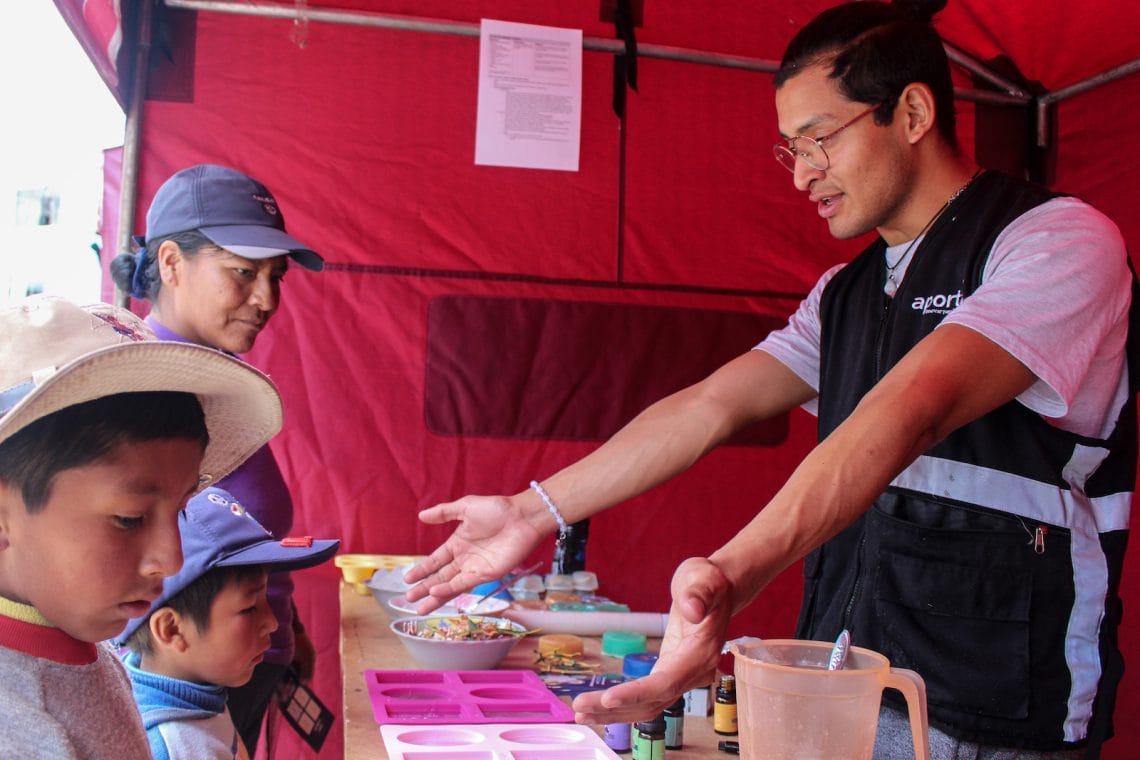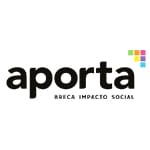Children’s Handwashing and Quality Interactions in Peru
HIGHLIGHTS
- In Peru, over 90% of deaths in children under five from diarrhea could be prevented by handwashing
- Low-income children receive less quality interaction in Peru, a critical behavior for childhood development
- Leveraging communal norms to encourage handwashing and quality interactions could support child health
The Challenge
In Peru, more than 60% of children suffer from diarrhea before the age of 5, leading to 1,600 deaths each year. Of these, 90% could be prevented by handwashing with soap.
In addition, low-income children in Peru lag behind their higher income peers in terms of cognitive development, perpetuating intergenerational cycles of poverty. Quality interactions like singing and playing during a child’s early years can help to prevent these negative impacts. Children with higher levels of cognitive development do better in school, have lower rates of unemployment, and earn higher wages.
We partnered with Aporta, the social impact lab within Grupo Breca in Peru, to improve handwashing and quality interactions through its project Volar.
Our Approach
Handwashing
We found behavioral barriers to handwashing, including faulty heuristics for when and how to wash, hassles involved with accessing and using water (many households in the area had inconsistent access to piped water and stored it outside), and the fact that the benefits of handwashing are not immediately salient because of the time lag between eating with dirty hands and getting sick.
We designed an intervention around a Feria Familiar (family fair) held in town plazas for families with children under five. Our event promotes the importance of handwashing, establishes a new norm that not washing hands is socially unacceptable, highlights the consequences of not washing hands, and makes handwashing a more pleasant and fun experience. In addition to the Feria event, handwashing reminder stickers for the household were also distributed through facilitated home visits, and we designed name tags and informational posters for restaurants, health centers, and other establishments noting their employees’ commitment to wash their hands.
Quality interactions
We learned that many busy caregivers don’t have rules of thumb for how and how much to stimulate their babies’ brains. In addition, the concept of quality interactions with young children was unfamiliar, especially in regards to babies who don’t yet walk or talk. Furthermore, many caregivers do not have a strong mental model of the benefits of quality interactions as they relate to cognitive development.
To reach caregivers, we created an event called Infant Learning Day. At the event, caregivers rotate through a series of stations where they practice simple quality interactions, like singing or telling stories to their babies, with a chance to win prizes by completing activities. In addition, as part of a larger ongoing home visitation program, community health workers will visit families’ homes to support caregivers in building a feasible routine of integrating quality interactions with their children into their daily lives. Finally, in both of the regions of focus in Peru radios are very prevalent in homes, with about 80% of families owning a radio. We created one-minute PSA-style radio spots that offer quick quality interaction activities caregivers can do while doing other chores.
Since our engagement ended, Aporta has worked with the Ministry of Development and Social Inclusion to incorporate Volar into the nation-wide Cuna Mas program. This includes the Family Fair with soap-making activity that we developed.
Takeaway
While handwashing and quality interactions between caregivers and children may appear to be disparate issues, both benefit from designs focused on establishing communal norms. The mechanism of each of these interventions was similar—help people create an intention and form a new habit to strengthen children’s physical and cognitive health.
Read more detail about the interventions in the project brief in English and in Spanish.
Partnering with an organization that has the capacity to integrate its work into a nation-wide government program—like Aporta has done—has tremendous potential for impact at scale.
Interested in learning more about our work applying behavioral science to global health? Reach out to us at info@ideas42.org or on LinkedIn to join the conversation.
Partners









